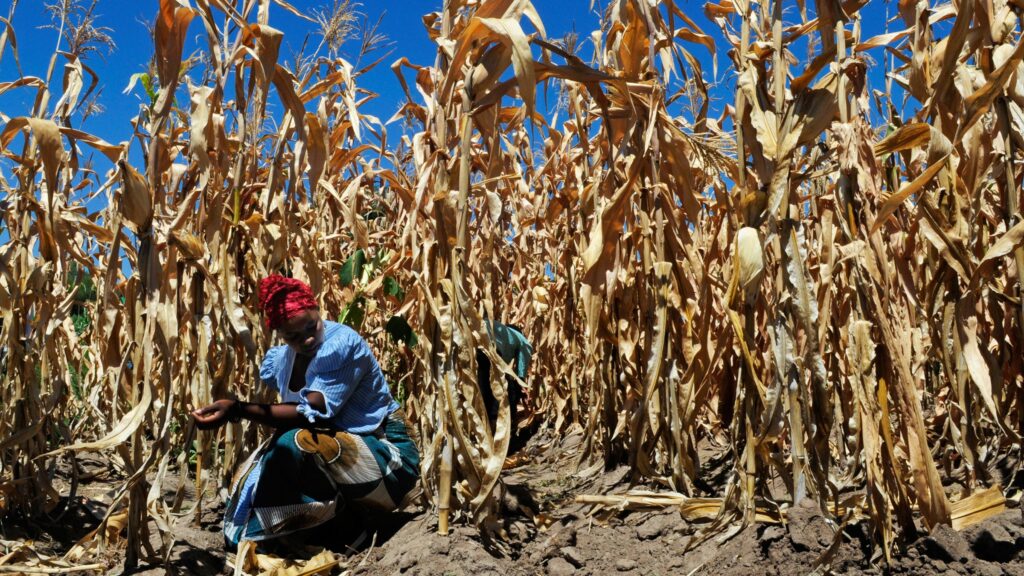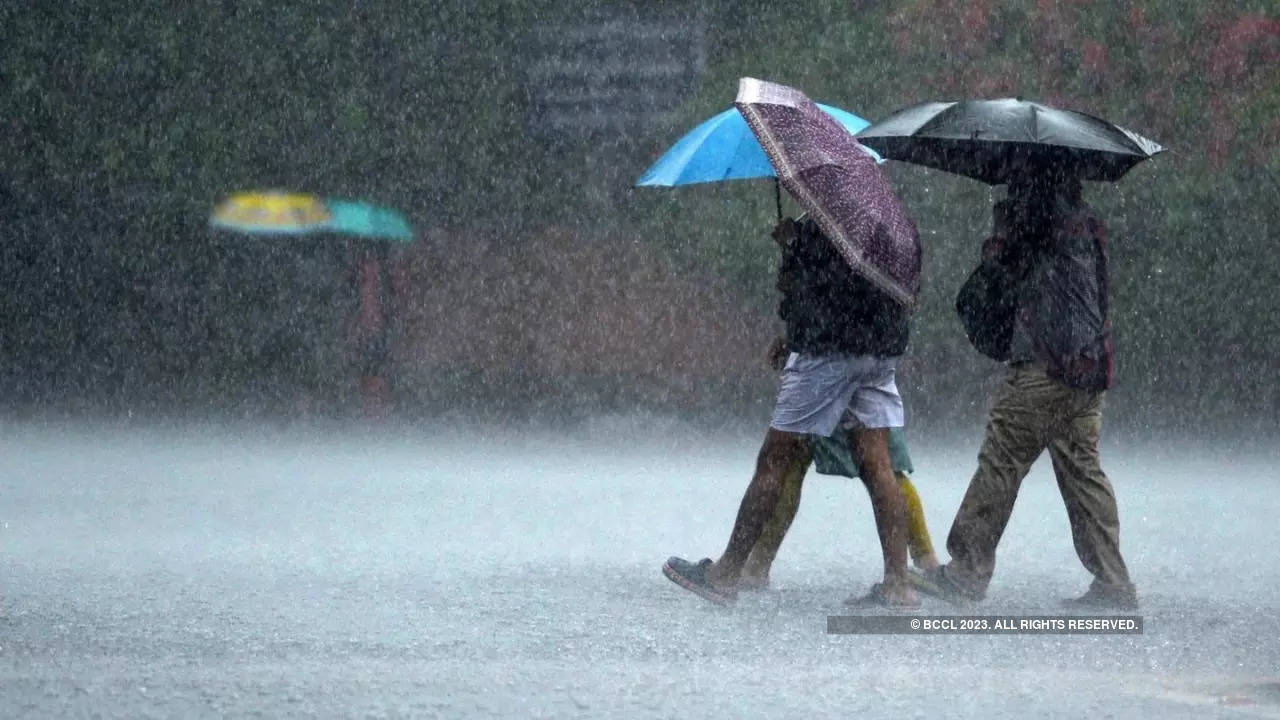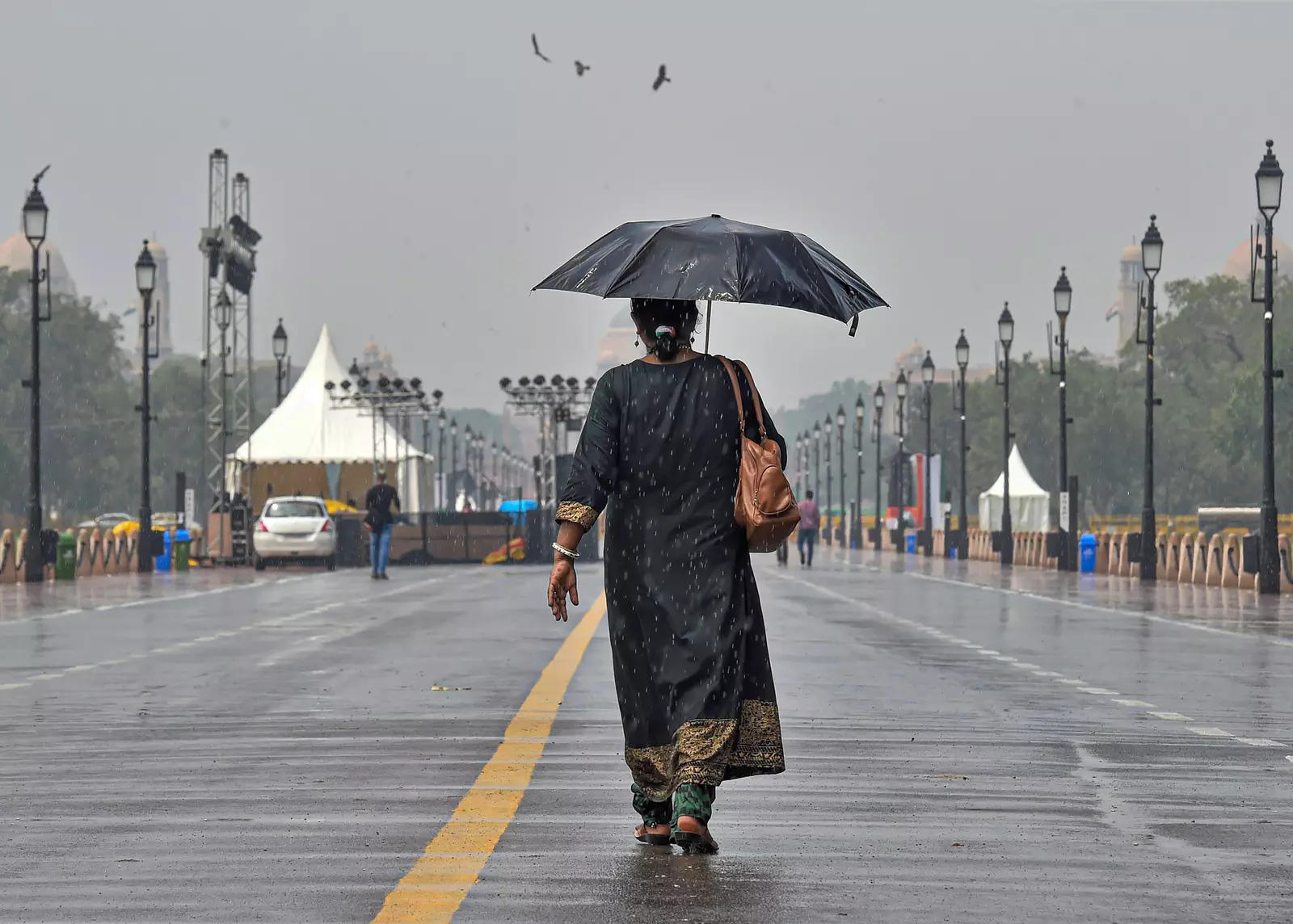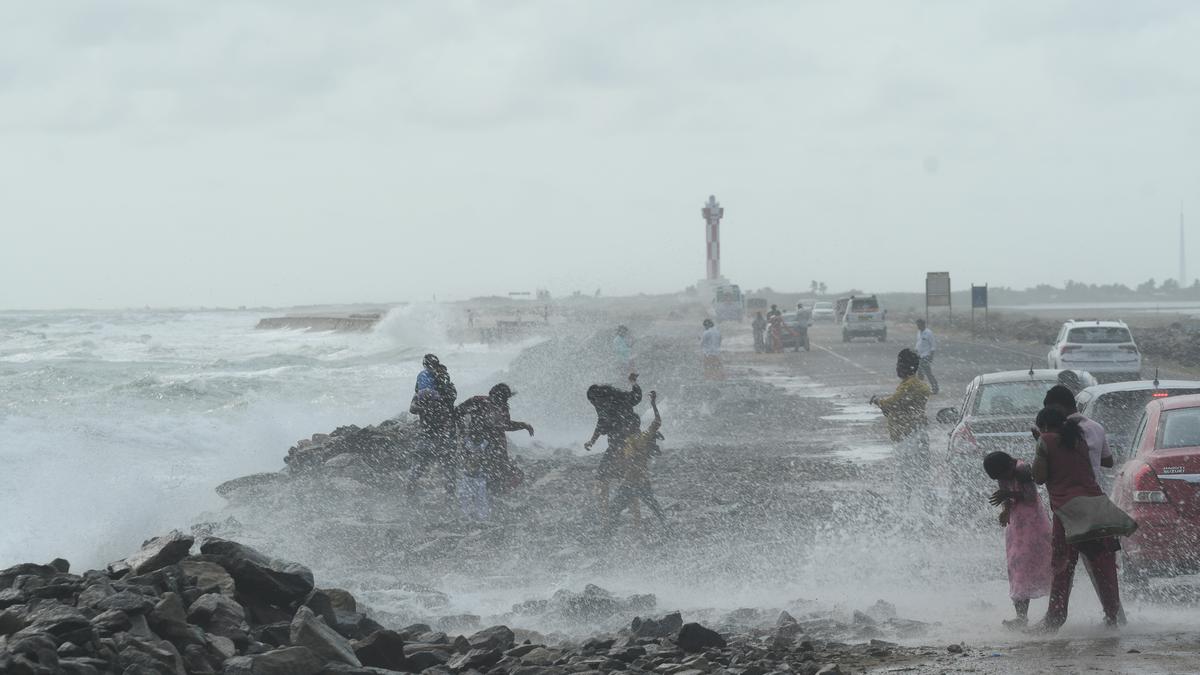Increased heat-drought combinations induced by climate change could damage crops: Study
While previous studies identified the danger to crops from global warming, this study focused on the compound effects of heat and water availability on food crops
By Editorial Team / Sep 23, 2021

Crop yields often drop during hot growing seasons, but heat combined with drought can have outsize effects, the study says. Photo: Wired
The combined effects of heat and drought due to climate change pose a leading risk to global crop production, according to a study. Without robust emission cuts, the risk of higher food prices and reduced food security will rise even in developed countries, the study added.
While previous projections of future climate risk had identified danger to crops due to global warming, this study published in the journal Nature Food looked at the global influence of temperature-moisture couplings on crop yield sensitivity over the period of 1970-2013 and projected future impacts on crops from changing couplings.
Sensitivity of crop yields may change
According to the study, there is a possibility that the sensitivity of crop yields to heat will be affected by climate change as it alters the temperature-moisture coupling throughout the world.
Based on historical data (1970-2013), yields of maize and soybean were about 40% more sensitive to heat in places where heat is accompanied by dry conditions, compared to croplands where temperature and evapotranspiration are uncorrelated. Evapotranspiration is the sum of evaporation from the land surface and transpiration from plants.
The report noted that this might be because these crops are exposed to heat and high atmospheric moisture demand while precipitation and soil moisture is low.
Decrease in maize and soy yields
The study revealed that over 1970–2013, maize and soy yields dropped more during hotter growing seasons in places where decreased precipitation and evapotranspiration more strongly accompanied higher temperatures, suggestive of compound heat–drought impacts on crops.
The combined effects of heat and drought will cause additional yield decreases of maize and soy of up to 20% in parts of the United States (US) and up to 40% in eastern Europe and southeastern Africa, the study said.
Globally, the study estimated that changing couplings will increase the impact of warming on maize and soy yields by approximately 5% relative to recent yields.
“…As the planet continues to warm, water and heat may get more strongly interrelated in many regions, making droughts hotter and heatwaves drier. Plants will increasingly lack water when they need it most, and historically this has been especially damaging for crops,” said Corey Lesk, first author of the study.
The study also stated that in places such as the northern US, Canada, and Ukraine, where cool climates currently limit crop yields, the compound effects of higher temperatures and less water may diminish projected yield gains from warming.
However, the compound effects have less impact on crops such as wheat and rice, the study said. For wheat it may be due to its low thermal tolerance, and optimal growth temperature, which is 10°C cooler than for the other crops. For rice, it may be due to lower heat sensitivity and widespread irrigation that decouples it from temperature and moisture, the study revealed.
However, it said the “heat impacts on wheat may be severe at relatively low temperatures, for which atmospheric vapour demand remains relatively low, limiting the scope for compounding of heat impacts by moisture.”
The report claimed that globally by 2051-2100, crops will be more vulnerable to warming temperature due to enhanced couplings with notable exceptions across Asia, where couplings weaken.
droughtrisks

